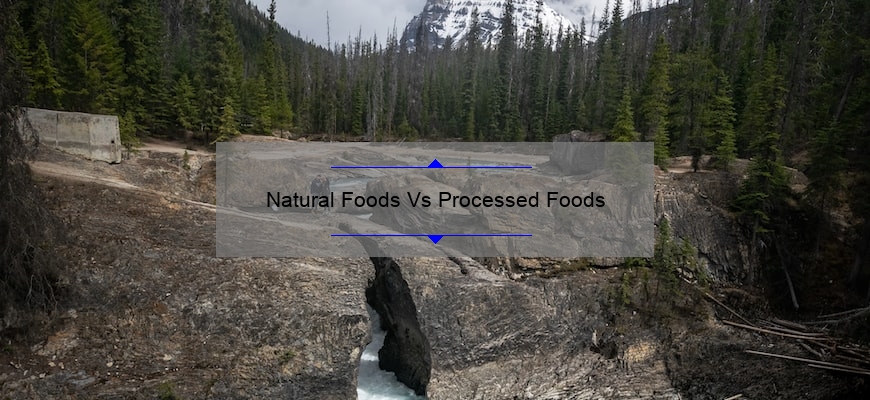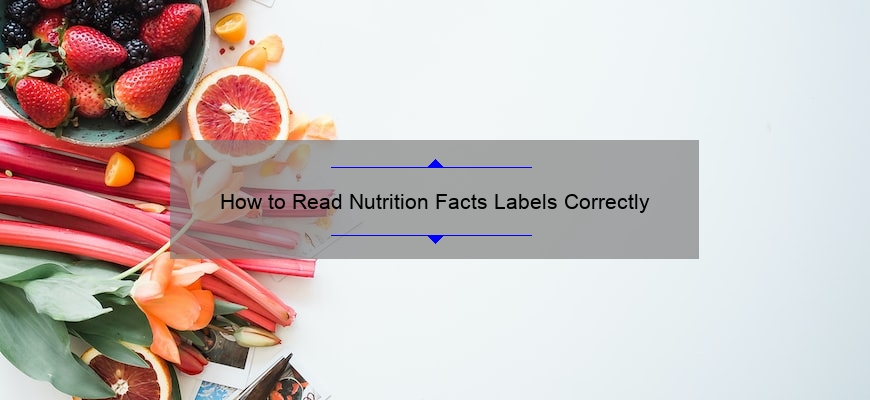The word “natural” is used in food labeling to describe ingredients with low or no additives. 85% of consumers agree that this should mean no artificial or genetically modified ingredients. However, there are some questions about what “natural” implies concerning food in the U.S.
Defining “natural”
Defining “natural” in food is a complicated and contested issue. The Food and Drug Administration (FDA) claims to have a long-standing policy on the use of the term “natural,” which it says means “free from artificial or synthetic ingredients.” However, the policy does not address food production, processing, or manufacturing methods, and the FDA has not outlined its definition of “natural” for any particular food product. The FDA is seeking comments on an updated “natural” description, which would provide a standard for enforcement.
In 2013, a wave of suits against food companies alleged that the term was misleading under various state laws. As a result, three Northern California courts stayed several cases until the FDA clarified the definition of the term. However, in 2014, the FDA declined to define the term, citing resource limitations. It requested public comment on its report in late 2015.
In the meantime, private attorneys are filling the regulatory void by filing lawsuits against companies who misuse the term. Many of these cases involve ingredients like high-fructose corn syrup, genetically engineered ingredients, and artificial processes. These lawsuits may eventually spur the FDA to act on food’s “natural” labeling.
While consumers have a right to choose what is “natural,” many are confused about the meaning of “organic.” Organic production methods do not use genetic engineering or synthetic pesticides. According to consumer surveys, consumers often confuse the two terms. However, consumers do not necessarily prefer one over the other. Some shoppers prefer natural products due to their lower prices.
Defining “natural” in food is an essential issue for the FDA to address, and the agency collects public comments. The agency must balance competing interests against the available science to develop an appropriate definition. However, there are fundamentally different approaches to the definition of “natural” regarding food. One system is based on the belief that “natural” foods are superior to their processed counterparts.
Regulation of “natural” claims
The Food and Drug Administration (FDA) is considering regulating the term “natural” on food labels. The GMA has asked the FDA to issue a regulation that would clarify that food containing biotech food is not misbranded. Consumers may also want to learn more about how food is made.
FDA regulations have a specific definition of “natural.” Still, it is unclear whether “natural” should be used when advertising a food product. “natural” means a product with no added artificial ingredients. It should also mean minimal processing.
The FDA’s Food Standards and Labeling Policy Book explain that “natural” does not necessarily mean “free of artificial ingredients.” For example, “natural chili” would not be accepted if the product contained beet powder. This is because beet powder is an artificial color and, therefore, would not be allowed in the product. However, “all-natural ingredients” would be acceptable.
A citizen petition launched by the Consumers Union argues that the word “natural” is misleading Americans. The Consumers Union asserts that a recent Consumer Reports National Research Center survey shows that two-thirds of consumers in the U.S. are cheated by the term “natural.” Furthermore, ninety percent of respondents expect the time to mean something other than “natural.”
FDA’s food regulatory agencies oversee the production and labeling of food. However, the word “organic” is not defined legally. While the FDA regulates food production, the USDA is responsible for handling its marketing claims. Nevertheless, voluntary labeling schemes do not give consumers the information they need to decide what food to buy.
Meaning of “natural” on a food label
Consumers may have trouble understanding the meaning of “natural” on a food label. Most think that it means that the ingredients in the food are “natural,” but that isn’t always the case. Some consumers believe that “natural” means that the ingredients were not genetically modified or subjected to pesticides. The FDA, however, has no official definition of the word.
Several lawsuits have been filed against food manufacturers for using the term “natural” in misleading ways. One example was Kellogg’s Kashi brand. Its labels featured claims such as “all-natural” and “nothing artificial.” In 2006, Kellogg’s was ordered to pay a $5 million settlement for misleading the public. The lawsuit revealed that the Kashi brand was laden with ingredients such as hexane-processed soy oil, a stabilizer.
Although the FDA is still establishing guidelines regarding “natural” food labels, the FDA has recently asked the public for its opinion regarding the appropriate use of the word. This survey is ongoing, and the FDA has not released official results yet. However, this is no reason to stop using “natural” on your food label – you’ll always have to read the title if you want to be sure of the contents.
The USDA defines natural as food that contains no artificial ingredients or is minimally processed. However, “natural” is not always synonymous with “healthier.” For example, genetically engineered crops are considered “unnatural” by the FDA. Even though the USDA regulates “natural” food labels, they don’t require hormone-free or minimally processed meat.
While the FDA has not issued specific rules regarding “natural” labeling, it has cited the popularity of “all-natural” foods in consumer surveys. It’s unclear what steps will follow the public comment period. Given the consumer preference for “natural” foods, it’s likely that the agency will continue to pursue this avenue and will consider the public’s comments to help inform its decision.
The word “natural” is often confusing. It’s often used as a synonym for “unprocessed” in marketing. However, “natural” should only be used when unprocessed food. It should also be inclusive of specific processing methods. When determining whether a product is processed, look at the process that creates a single ingredient or a formulated finished food.
Meaning of “organic.”
The U.S. Organic Foods Production Act of 1990 is one example of federal legislation defining organic food. This law requires the Secretary of Agriculture to establish a National List of Allowed and Prohibited Substances (NLAPS) that outlines synthetic and non-synthetic substances that are not permitted in organic food production. The purpose of the NLAPS is to clarify the meaning of organic food.
While this seems like a good idea, many farmers are not following through with the certification process. The government’s one-size-fits-all mentality, geared towards large-scale industrial operations, discourages small-scale farmers from adhering to organic standards. Moreover, to become certified organic, small farmers must spend a double-digit percentage of their annual revenue.
Organic food production has several benefits for the health of the consumer. Organically produced foods have less pesticide residue and a low carbon footprint and are more nutritious. However, they’re also more expensive. Organic food must be grown without synthetic chemicals and bioengineered genes and be raised in a natural environment. Even organic livestock must be raised without growth hormones or animal by-products. It also uses natural fertilizers.
Organic food labels must state the name of the certifying agent and handler. For more information, check out Organic Labels Explained by USDA. The biggest complaint seems to be about the “certified organic by ***” statement. But this may be because USDA-certified organic products can also be sold under E.U. organic labels.
The market for organic products in the U.S. is enormous. Last year, sales of organic products reached $50 billion. This vastly exceeds the supply. Unfortunately, this has made organic products vulnerable to fraud. The Washington Post reported on a recent scandal in which millions of pounds of Turkish soybeans were labeled organic.
The National Organic Program (NOP) is the federal regulatory body for organic agricultural products. The USDA is responsible for establishing and enforcing organic standards. Organic products with USDA organic labels must also meet the requirements of the FDA.



